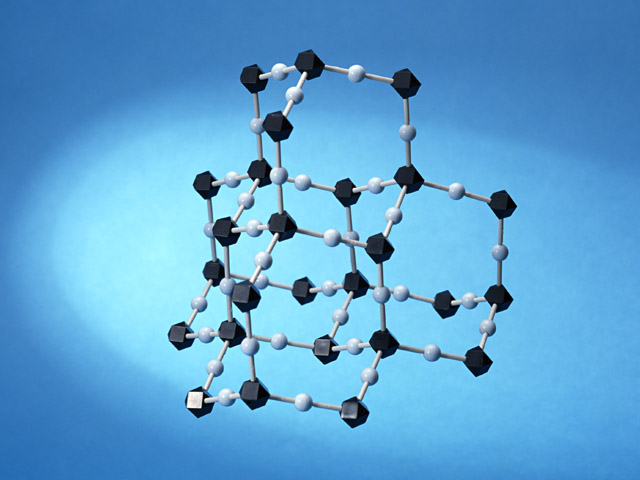Thursday, July 9, 2015 - Yale scientists claim to have devised a way to ensure that genetically modified organisms  (GMOs) can be safely confined in the environment, thus overcoming a major obstacle to widespread use of GMOs in agriculture, energy production, waste management, and medicine.
(GMOs) can be safely confined in the environment, thus overcoming a major obstacle to widespread use of GMOs in agriculture, energy production, waste management, and medicine.
Researchers rewrote the DNA of a strain of bacteria so that it requires the presence of a special synthetic amino acid that does not exist in nature to activate genes essential for growth. Amino acids are the building blocks of proteins, which carry out many of our bodies’ (and a plant’s) most important functions.
According to Farren Isaacs, the senior author of the paper, the new code allowed the team to link growth of the bacteria to synthetic amino acids not found in nature, establishing an important safeguard that limits the spread and survival of organisms in natural environments. They call it bio-containment, and it is meant to solve the problem which biotech so egotistically created before GMO-organic crop contamination was ever an issue.
The Yale study calls GM amino acids “a significant improvement over existing biocontainment approaches for GM organisms.” Isaacs states that, “this work establishes important safeguards for organisms in agricultural settings, and more broadly, for their use in environmental bioremediation and even in medical therapies."
Dr. Thierry Vrain points out that prestigious journals don’t tell you that multiple studies show that [GMO] proteins produced by engineered plants are different than what they should be. "Inserting a gene in a genome using this technology can and does result in damaged proteins. The scientific literature is full of studies showing that engineered corn and soya contain toxic or allergenic proteins.”
You can give a GM bacteria whatever genetic code you like in hopes of limiting the spread of GM organisms in the wild, but yet again, one of the simplest processes of nature seems lost on people with multiple doctorate degrees. The GM industry does not have a very good track record of predicting the safety, usefulness or long-term efficacy of its products. It’s almost impossible to solve a problem with the same thinking that caused the problem.
Read More Here and Here
